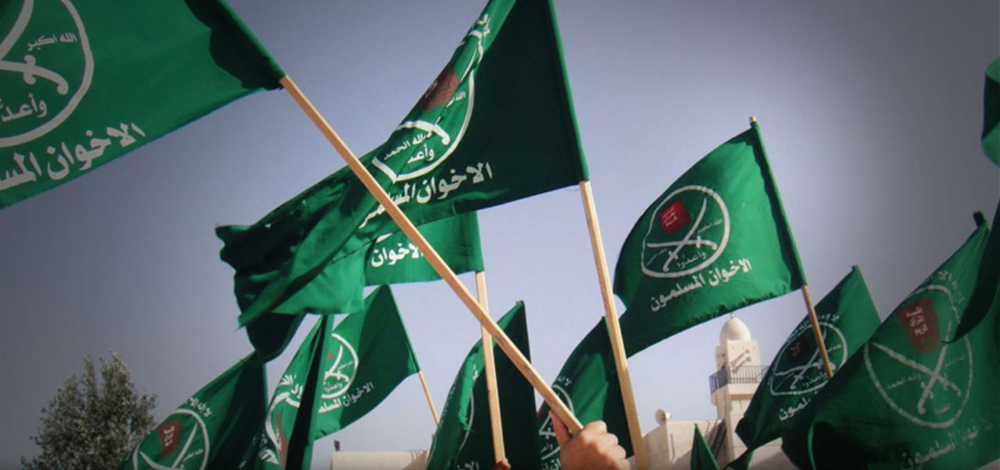
Is It Time for Democratic Islamists to Depart from the Muslim Brotherhood?
Abdullah Rizk Abu Seemaza
The aftershocks of the fall of al-Bashir continue to shake what remains of the Islamic movement. In this context, the Popular Congress Party led by Dr. Ali al-Haj recently expelled some of its leading members at the central and state levels due to differences in their stance on the ongoing war between the armed forces and the Rapid Support Forces for over seven months.
This event, approaching the characterization of a political and organizational division, follows the revelation of the Islamists relationship with the leadership of Ali Karti in terms of the war. Additionally, the Popular Congress Party aligned itself with the Forces of Freedom and Change alliance, securing its position in the transitional arrangements.
This development implies further differentiation within the ranks of Islamists, deepening the division that occurred at the end of 1999. This led to the emergence of the Popular Congress Party, led by Dr. Hassan al-Turabi, breaking away from the National Congress Party led by Omar al-Bashir. Simultaneously, the Justice and Equality Movement, led by Dr. Khalil Ibrahim, began waging war against the regime in Darfur in 2003. This movement itself recently experienced a similar split over the stance on the war, with a faction led by Suleiman Sandal and Ahmed Taqla opposing the leadership of Dr. Jibril Ibrahim, the minister in the current government.
In a significant development in this context, a group of Islamists announced their departure from the Islamic Movement, the mainstream, rejecting the war, condemning the Salvation regime and its policies, and expressing support for the transition and democracy.
This development is not isolated from the question of the fates awaiting the Islamic movement following its loss in the war gamble. The event might herald the birth and departure of what can be described as democratic Islamists, breaking away from the Muslim Brotherhood. The Brotherhood, founded by Hassan al-Banna almost a century ago, has been navigating its political path experimentally, fluctuating between right and wrong, far from any genuine commitment to democracy in principle and practice.
The Muslim Brotherhood and its derivatives, which have become influential political actors in several Arab countries, have not refrained from tactical engagement with democracy despite their theoretical rejection or opposition to it in practice. This was demonstrated by Dr. Hassan al-Turabi in his book "Shura and Democracy," a politically ambiguous and confused thesis. They won for the first time in free elections in their country of origins presidency. Previously, they triumphed in legislative elections in Algeria, Tunisia, Morocco, and Sudan.
The exit of the National Islamic Front led by al-Turabi, based on the rules of parliamentary play, and the subversion of the democratic system by the June 30, 1989 coup in Sudan, resulted in the comprehensive national crisis currently experienced in the country. There are few options, destinies, and prospects awaiting it. Due to its instrumentalization of religion to achieve its political goals, the Muslim Brotherhood finds it challenging to align itself with democracy and to march to its rhythm. Its adoption of violence in dealing with the politically and intellectually different other propels it towards terrorism and the corruption of political life. Historian Dr. Abdelazim Ramadan argued in his book "The Brotherhood and Violence" that the Muslim Brotherhood introduced violence into political life in Egypt since the end of the 1940s, providing the authorities with a pretext for using counter-violence.

